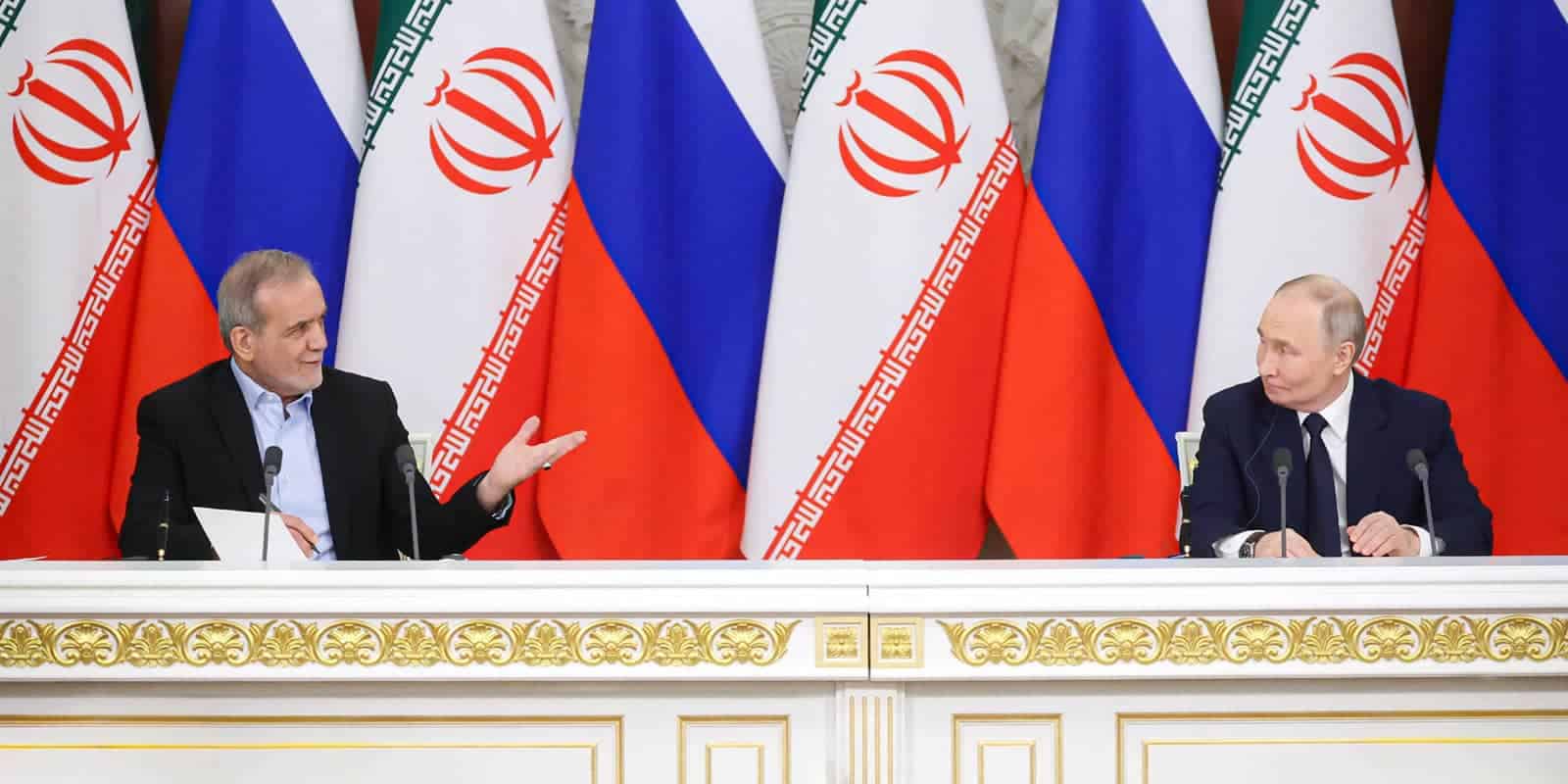
By Isabel Debre
JERUSALEM — One of Europe’s most divisive political figures, Italian Interior Minister Matteo Salvini, opened his visit to Israel Tuesday with warm words of support for his hosts, condemning Hezbollah as a “terrorist” organization and denouncing rising waves of anti-Semitism in Europe.
Salvini is in Israel for a two-day visit that has prompted criticism over his far-right policies and anti-migration views.
He kicked off his trip with a tour of Israel’s northern border with Lebanon, where the Israeli army has uncovered tunnels it says were built by Hezbollah for attacks. He told a gathering of journalists in Jerusalem on Tuesday that no country would tolerate enemy tunnels infiltrating its territory.
“I call terrorists what they are, which is terrorists,” he said. He said he was “very proud” of the Italian soldiers serving in UNFIL, the U.N. peacekeeping force in Lebanon, which is headed by an Italian general.
Salvini, best known for bashing the European Union and cracking down on African and Arab asylum-seekers, said his government “fights anti-Semitism in every way and every form wherever it is.” He blamed Europe’s resurgent anti-Semitism on “immigration from Islamic countries.”
The leader of Italy’s populist League party, Salvini exploded onto the scene just months ago, but already exerts outsized influence on Italy’s prime minister and dominates the political conversation.
Opinion polls show him surging in popularity as he stokes anti-immigrant anxiety and positions himself at the forefront of the nationalist movements sweeping Europe. In recent months, Salvini has made international headlines by tightening criteria for humanitarian protection and refusing to allow rescue boats packed with African migrants to dock at Italy’s ports.
Salvini is set to meet with Prime Minister Benjamin Netanyahu on Wednesday and tour the Yad Vashem Holocaust memorial. Pro-refugee activists rejecting his tough stance on migrants are expected to protest at the memorial during his visit.
Israeli President Reuven Rivlin turned down a meeting with Salvini, his office said, citing a full schedule and declining further comment. Opposition lawmakers have praised Rivlin’s decision, interpreting it as a rebuke of Salvini’s views.
Salvini brushed off the backlash Tuesday, saying, “I smile when I hear criticism from the left in Italy and in Israel,” and that whoever is bothered by his visit “will have to get over it.”
Salvini’s remarks frequently drawn outrage from the Italian Jewish community. The president of Italy’s Union of Jewish Communities, Noemi Di Segni, criticized the minister’s move to abolish an anti-racism law last summer, expressing concern at the government’s “radicalization.” The Jewish Union has also slammed Salvini over his announcement that he would conduct a census of Roma in Italy, saying he was awakening memories of racial hatred and fascist tendencies during World War II.
Emmanuel Navon, senior fellow at the Jerusalem Institute for Strategic Studies, said Israel’s embrace of Salvini and “rebellious European governments” allows it to gain leverage over Western European powers, which have traditionally sympathized with the Palestinians, pressed for renewed peace talks and sought to block recognition of Jerusalem as Israel’s capital in the European Union.
“Israel needs to take advantage of this big divide in Europe right now,” Navon said. “People are uncomfortable with it, but this is in Israel’s national interest.”
Netanyahu has recently welcomed a string of contentious nationalist leaders to Israel, including Hungary’s authoritarian Prime Minister Viktor Orban, whose past remarks have been interpreted as anti-Semitic, and Philippine President Rodrigo Duterte, widely accused of committing human rights abuses. Netanyahu has also promised to participate in the swearing-in ceremony of hard-right Brazilian president-elect Jair Bolsonaro.
The Washington Post/AP 12.12.2018















Hamas’s Battle with Gaza’s “Rogue Clans” in the Eyes of the Palestinian Public